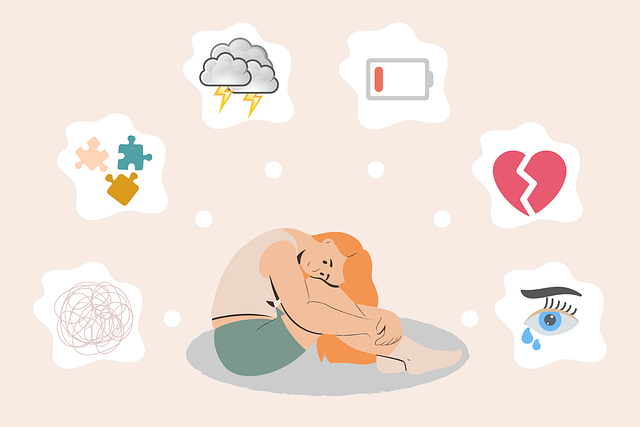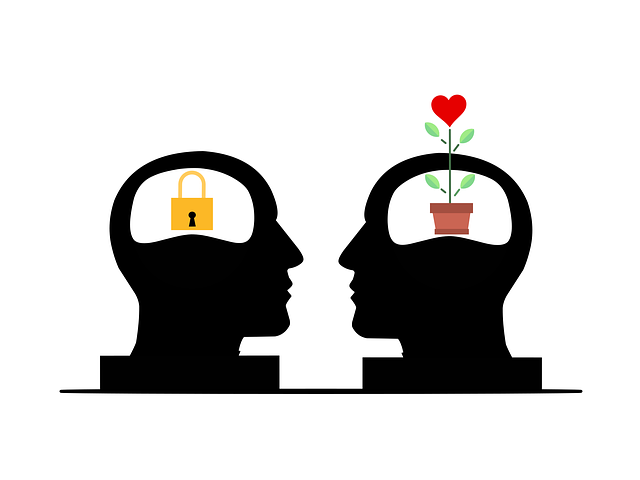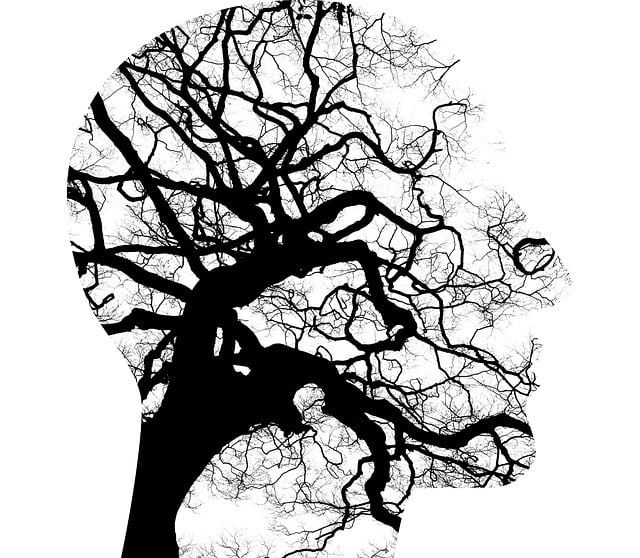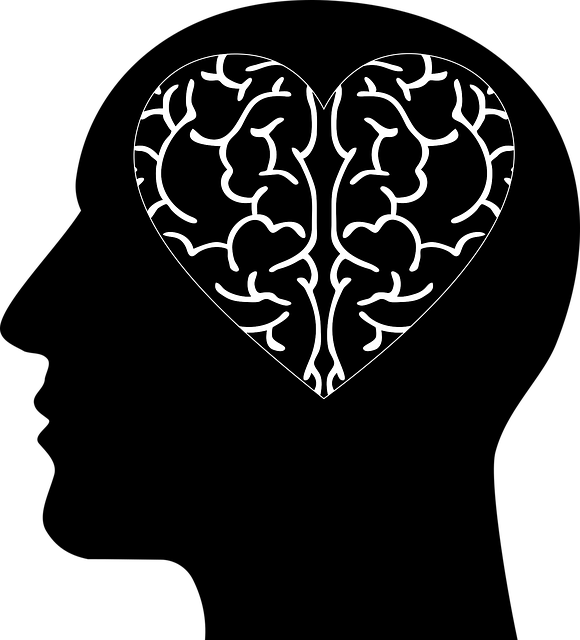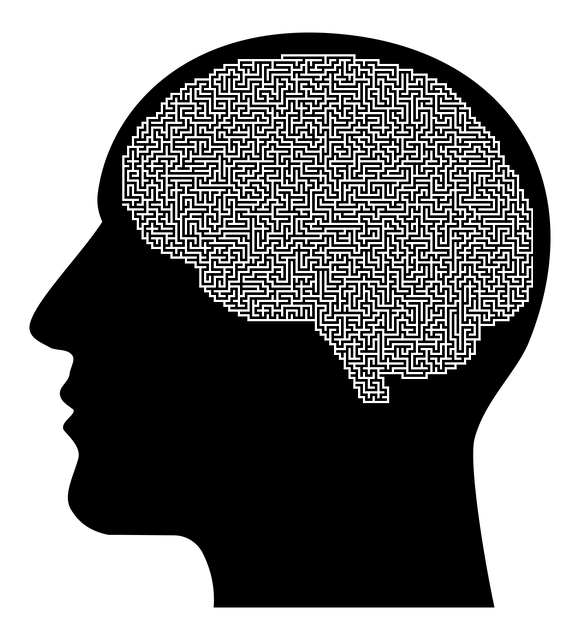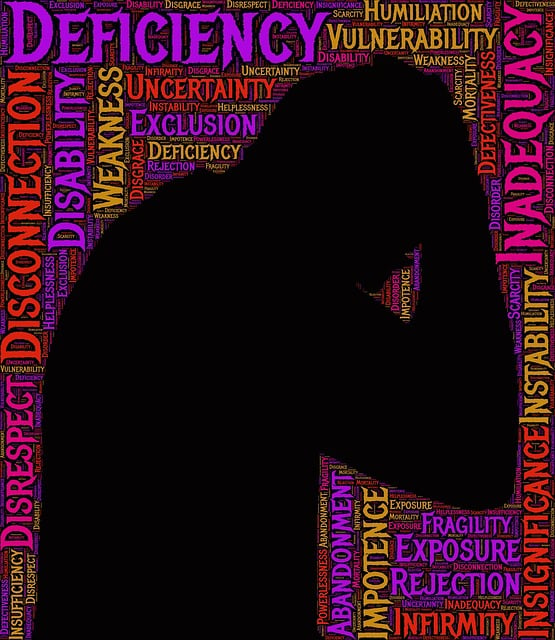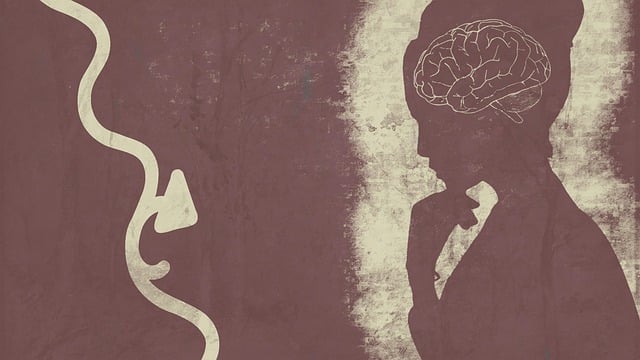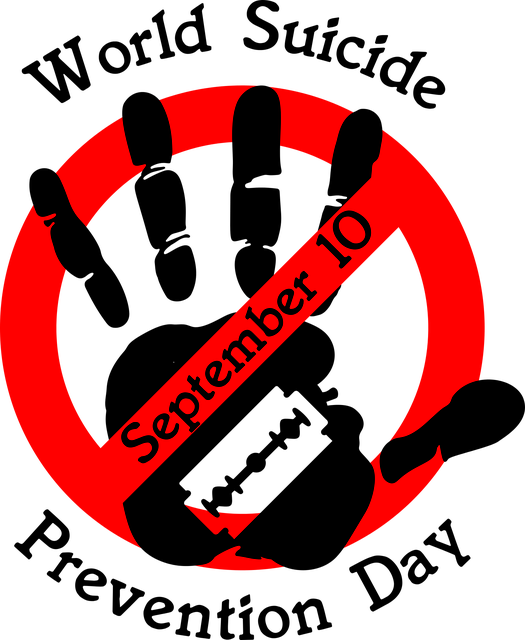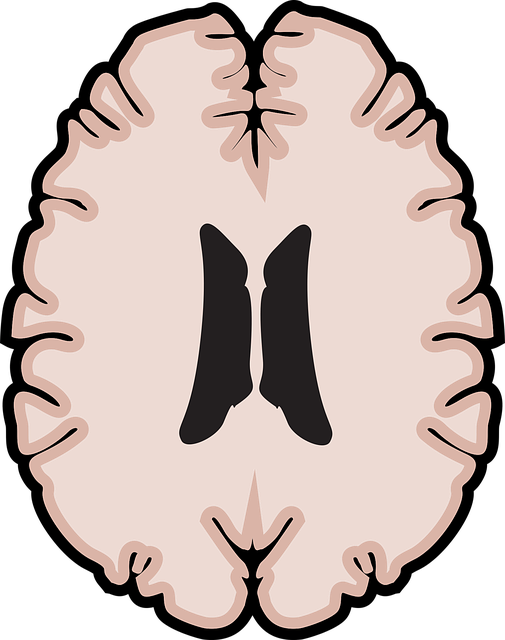Mental wellness journaling is a therapeutic practice that helps individuals process trauma, gain insights into thinking patterns, and build resilience, particularly beneficial for survivors of abuse in Denver. Denver Abuse Survivors Therapy (DAST) offers specialized care using evidence-based techniques like cognitive behavioral therapy and mindfulness practices. Creating personalized journals with prompts for mood tracking or emotionally reflective questions can foster emotional intelligence and self-awareness. Effective writing techniques, such as descriptive language and 'I' statements, enhance self-reflection and emotional release, aiding in therapy and risk management planning.
Mental wellness journaling is a powerful therapeutic practice that has gained prominence in the field of healing. This article explores the transformative potential of this technique, particularly through the lens of Denver Abuse Survivors Therapy (DAST). You’ll discover how creating your own journal can facilitate personal growth and recovery. We’ll guide you through effective writing techniques tailored to DAST, offering practical tools to harness the benefits of journaling for mental wellness.
- Understanding Mental Wellness Journaling: A Therapeutic Practice
- Denver Abuse Survivors Therapy: An Approach to Healing
- Creating Your Journal: Tools and Recommendations
- Effective Writing Techniques for Journaling Exercise
Understanding Mental Wellness Journaling: A Therapeutic Practice

Mental wellness journaling is a therapeutic practice that involves documenting thoughts, feelings, and experiences in a written format to support mental health and well-being. It’s a powerful tool for self-reflection, personal growth, and healing—especially beneficial for Denver abuse survivors therapy. By putting pen to paper, individuals can explore their emotions, gain insights into patterns of thinking, and cultivate a deeper understanding of themselves.
This practice offers a safe and private space for expression, allowing people to process traumatic experiences, build resilience, and enhance coping mechanisms. It’s not just about recording negative feelings; it also provides an opportunity to celebrate achievements, track progress, and boost confidence. Furthermore, mental wellness journaling can be incorporated into risk management planning for mental health professionals, ensuring they have a comprehensive toolset to support their clients’ journeys towards recovery while contributing to the broader goal of public awareness campaigns development.
Denver Abuse Survivors Therapy: An Approach to Healing

Denver Abuse Survivors Therapy (DAST) is a specialized approach designed to help individuals heal from trauma and abuse experiences. This therapeutic method recognizes that trauma often leaves profound and lasting effects on one’s mental wellness, and it aims to provide a safe and supportive environment for survivors to process these experiences. DAST incorporates various evidence-based techniques, such as cognitive behavioral therapy, mindfulness practices, and emotional regulation strategies, tailored to address the unique needs of abuse survivors.
By engaging in this form of therapy, individuals can develop essential coping mechanisms, enhance their social skills (through Social Skills Training), and access trauma support services that are culturally competent. Healthcare providers play a crucial role in referring patients to DAST, ensuring that survivors receive specialized care. This approach not only empowers individuals to reclaim their mental wellness but also fosters resilience, allowing them to rebuild their lives free from the shackles of traumatic pasts.
Creating Your Journal: Tools and Recommendations

Creating your journal should be a therapeutic and enjoyable process. Start by choosing a space where you feel comfortable and safe to express yourself openly. Consider using a physical notebook or a digital note-taking app, depending on your preference and accessibility. There are numerous options available, from elegant leather-bound journals to user-friendly apps designed specifically for journaling purposes.
When setting up your journal, personalize it with prompts or questions that resonate with you. These can be as simple as tracking your moods throughout the day or more complex, such as exploring your thoughts and feelings about specific topics. For Denver Abuse Survivors Therapy clients, incorporating exercises that enhance emotional intelligence and self-awareness can be incredibly beneficial. Remember to consider your privacy and security when using digital platforms, especially if you’re discussing sensitive topics, and ensure your journal is password-protected or stored securely.
Effective Writing Techniques for Journaling Exercise

Effective writing techniques can enhance the benefits gained from mental wellness journaling exercises, especially for individuals navigating challenging life experiences, such as those seeking Denver Abuse Survivors Therapy. The key is to foster an environment of self-reflection and emotional release. Utilize descriptive language to vividly capture feelings, sensations, and memories; this technique allows for a deeper exploration of one’s thoughts. Incorporating specific details can help in processing emotions and identifying patterns.
Mind Over Matter principles encourage writers to focus on the present moment, using ‘I’ statements to express personal experiences. This promotes self-awareness and resilience building. For individuals in therapy, it’s beneficial to set a routine for journaling; this consistent practice aids in risk management planning for mental health professionals by providing a safe space for emotional expression.
Mental wellness journaling is a powerful tool for healing, offering individuals a safe space to process emotions and experiences. As demonstrated by Denver Abuse Survivors Therapy, this practice can be particularly transformative for those recovering from trauma. By incorporating effective writing techniques into their journaling routine, individuals can unlock insights, gain clarity, and foster resilience. With the right tools and guidance, mental wellness journaling becomes an accessible and impactful self-care practice that enriches lives.
